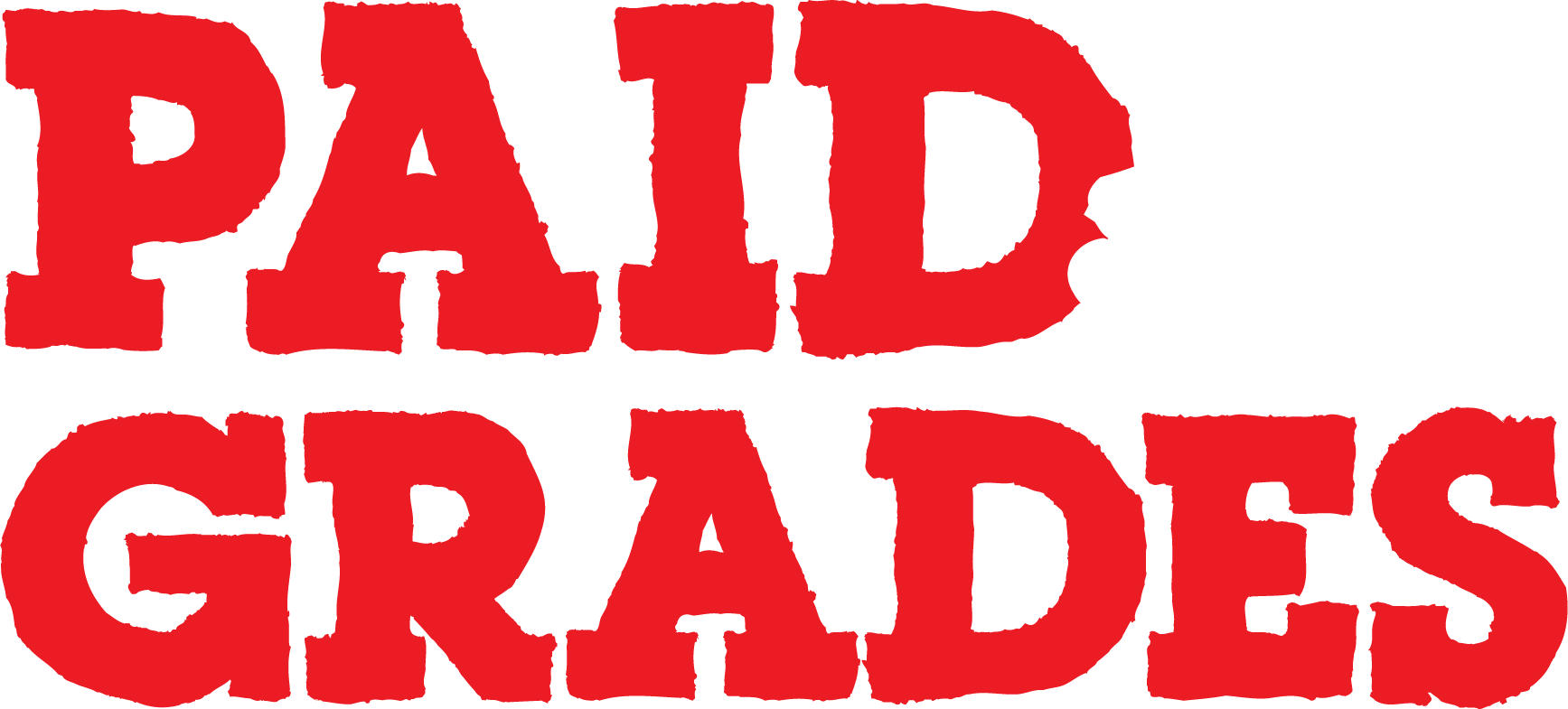 The primary goal of Get Paid for Grades is to improve reading outcomes for underachieving students. As educators, it is important to consider a holistic approach when working with these students, as many have to overcome more than simple reading challenges in order to reach success.
The primary goal of Get Paid for Grades is to improve reading outcomes for underachieving students. As educators, it is important to consider a holistic approach when working with these students, as many have to overcome more than simple reading challenges in order to reach success.
Overcoming Defeat
Many frustrated young readers suffer from a lack of confidence, resulting in academic underachievement. Typically, struggling readers have to contend with more than academic challenges—there are a number of emotional challenges facing these students well. Some of the emotional challenges teachers may need to address include:
- The failure of other previous attempt at improving reading skills. As a result, many students suffer from a sense of defeat, believing that they can never make the grade.
- Students’ embarrassment. Students are embarrassed by their lack of reading skills, and as a result avoid reading in front of others in order to hide what they believe to be a personal failure.
- Lack of confidence. Students’ feelings of frustration and failure can lead to behavioral problems and withdrawal, both of which lead to academic underachievement.
- Lack of motivation. Many students are neither engaged nor motived to acquire the skills to overcome the challenges they face, believing it to be a pointless venture.
Engage and Support
Many kids live in a world in which academic failure is seen more or less as an inevitability. These kids are raised to believe they will fail in school, and that lack of faith becomes a self-fulfilling prophecy.
Providing an engaging and supportive learning environment is essential in overcoming these feelings of defeat. In fact, as the Educational Research Service (ERS) explains, “Unless a child is mentally disabled, research shows he or she is totally capable of achieving success.”
So, what is the secret to enabling students’ success? The answer is actually very simple—the trick to engaging underachieving students is finding the key that unlocks each individual’s motivation.
Each student has their own emotional and academic struggle, and each of these result in unique reading challenges. In the end, however, each student’s motivation is the single most important factor in determining whether or not they will find academic success.
Move Away from a “One-Size-Fits-All” Mentality
Despite a student’s individual struggle, their general measure of reading proficiency can be defined as their ability to understand grade-level texts including the following essential elements:
- The ability to read text accurately and fluently, and identify appropriate words and their context
- Knowledge and thinking—the student understands sentences and paragraphs
- Vocabulary—supports the ability to understand content through reasoning.
- The knowledge to understand information and concepts within the material
- Motivation to understand and learn new concepts
Not all students will learn this information in the same manner—while some can take basic instruction and excel, others need a more tailored approach with more individual attention.
Multiple Factors
According to the Florida Center for Reading Research, there are two groups of students who seem to most often fall below grade level:

Solution:
- Extended period of intensive instruction, focused on reading comprehension and vocabulary
- Strategic reading skill instruction
- Comprehension-focused Instruction—discuss what students learn from text, and practice writing about text
- Strategies to identify more complex, multisyllabic words
Solution:
- Intensive instruction
- Dynamic reading comprehension strategies—reading and discussing the meaning of text
- Training in linguistic basics—phonics, vocabulary and word analysis/identification
- Thinking /reasoning skills
While most struggling readers fall into one of these two categories, an individual assessment is recommended to identify each student’s unique needs.
DORA (Diagnostic Online Reading Assessment), created by Let’s Go Learn, measures eight specific sub-skills of reading:
- High-Frequency Words
- Word Recognition
- Phonics
- Phonemic Awareness
- Oral Vocabulary
- Spelling
- Reading Comprehension
- Fluency
Assessments like DORA provide transparency into the student’s reading deficiency. Once the deficiency and the necessary action are defined, educators can design and tailor a curriculum to meet the needs of the individual student.
Creating a Two-Pronged Approach to Reading Success
Educators who provide emotional, as well as the academic support experience the greatest success in achieving successful gains with struggling readers. Treating student’s emotional needs will create a bond of trust between the educator and the student, and trust is an essential building block allowing students to be more open to academic instruction.
Without the drive to succeed, students will have nothing to propel them to reach new heights or persevere through adversity. It is Get Paid for Grades’ mission to change that—the organization offers students a financial incentive as a form of tangible motivation.
Even students who are uninterested in education are interested in the prospect of earning cash. While the cash serves as an initial motivator, students ultimately benefit in the long term by improving their reading ability and grades. Students then realize that they are capable of much more than they imagined, instilling the essential confidence they lacked.
Educators willing to provide individual support to these students see major gains in reading levels, while those providing continued engaging, targeted reading approaches also see great results.

